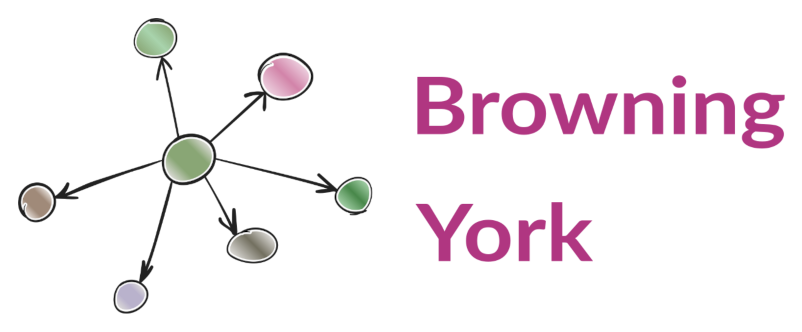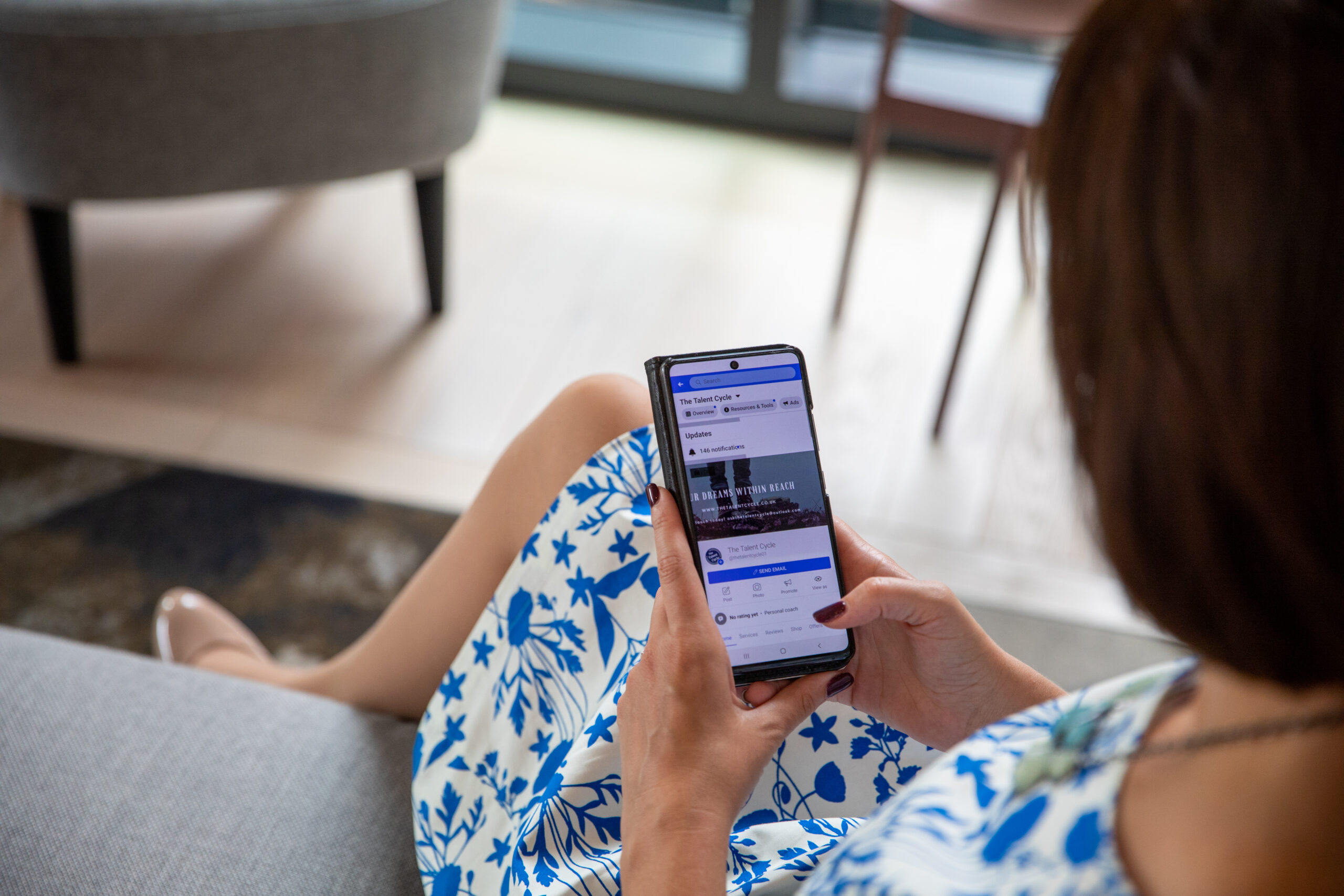Hot on the heels of last week’s National Careers Week, this month’s guest is Caroline Green, a career development expert. She shares with us how to apply your professional skills to communicating about your career and making your next move right for you.
As a Career Development Expert, I work a lot with clients who are either looking to develop in their career or start a whole new one. Of the many things we discuss, a top priority is to talk about the message they want to communicate about who they are and what they stand for. Because when it comes to careers, becoming liked, known, and trusted as an expert in your field is crucial for success.
Your personal brand
If I were to say ‘golden arches’, you’d probably be thinking of a certain fast-food restaurant. ‘Never knowingly under sold’, a famous department store. Logos and slogans are all part of a company’s brand, something us consumers are very used to. But what sits under that brand are the values and ethos of that organisation, and it’s something which is just as important to establish for your own personal brand.
Clarifying questions, you can ask yourself include:
- What really matters to me?
- What impact do I aim to make?
- Why do I do the work I do? Or why I want to do that new type of work in the future?
In addition to your values, your brand will also be made up of your experience, your strengths and how you sell any ‘gaps’, whether that be a break in your career or a particular piece of experience you don’t have just yet. Think about how your transferable skills will come into play here, or your passion for learning new things.
Are you talking to me?
Once you’ve identified your personal brand, you need to evaluate who you plan to communicate that brand to. Think ahead, what is the job title you are searching for and look to connect with people already doing that job, their managers or people who might recruit for that role including specialist recruiters.
Get to know them and understand where they like to ‘hang out’, are they LinkedIn loiterers or Twitter talkers? What are their ‘pain points’ and hot topics for discussion? All this research is an essential step before you begin to communicate, in order to make it more effective when you do.
Clarifying questions, you can ask yourself include:
- Who is/are my target market and where can I find them?
- Why are they my target market?
- What value can I add to their conversations?
How and what to communicate
So, you’ve thought about what you want to communicate (your personal brand), who you are going to communicate to (your target market), now it is time to think about how to communicate (your method).
Many of my clients will proudly show me their very shiny LinkedIn profile pages which are sitting dormant. This is no use. Your aim here is to become liked, known and trusted. So unless you want to become known for being inactive (I’m guessing that’s not the plan), then you do need to proactively engage with others.
And why is this so important? Well, research consistently shows that around 85% of jobs are not filled through formal advertising but networking*, or often described as being within the ‘hidden job market’. The old adage of ‘it’s not what you know, but who’ has never been more true.
Getting to know people (in your target market), building networks and connections, whether they be online or in person, is crucial. And which of those options may well depend on who your target market is, or whether you are seeking a new role internally or externally.
Clarifying questions, you can ask yourself include:
- How can I build my network to become larger?
- How can I get to know those in my network better?
- What is the best method/s to communicate with my network?
The devil is in the detail
Once you have established these connections and decided how you will communicate with them, it’s now time to think a bit more about what you want to communicate. Building your networking helps you to become known, now it is time to focus on being liked and trusted. People want to do business with people, so never be afraid to show a bit of ‘you’ in your communications.
To add to this, you need to communicate why you’re an expert in your field and the absolute best way to show this is to think about what problem is it you solve, and then communicate that message heavily. Maybe you’re known for being the person who does things faster than anyone else, maybe you’ve got a great eye for the detail or perhaps you’re a walking encyclopaedia on a particular topic.
Whatever it is, now is the time to get involved in conversations, comment on other people’s posts, show yourself as the genius expert you are, talk about when you’ve had that problem and fixed it or how you would do it if the situation arose. In these interactions you’ll be showing your expertise, and what you stand for i.e. your brand. And in doing so, you will communicate your message to become liked, known and trusted.
You can also take this one step further; to add to your message you’re communicating, ask others to communicate it to. This could be anything from a referral or a recommendation on LinkedIn. These are like gold dust as they help to prove that not only do you believe in your message, other people support that message too.
Clarifying questions, you can ask yourself include:
- Can I really add value in this conversation?
- Is this conversation getting me closer to where I want to be?
- What knowledge can I share to become liked, known and trusted?
And finally, remember that whatever you wish to communicate, be kind always. Not only is it the morally right thing to do but you’re also always on view. Even if people are talking about their pain points and you’re sympathising, make sure your message is a kind and positive one, detailing how you have helped or could help the situation.
*Source: Writersblocklive – https://writersblocklive.com/blog/networking-statistics/#stat1
Caroline Green is a Career Development Expert, qualified coach and L&D professional, as well as a member of the Career Writers Association. You can get in touch with her by emailing caroline@thetalentcycle.co.uk

